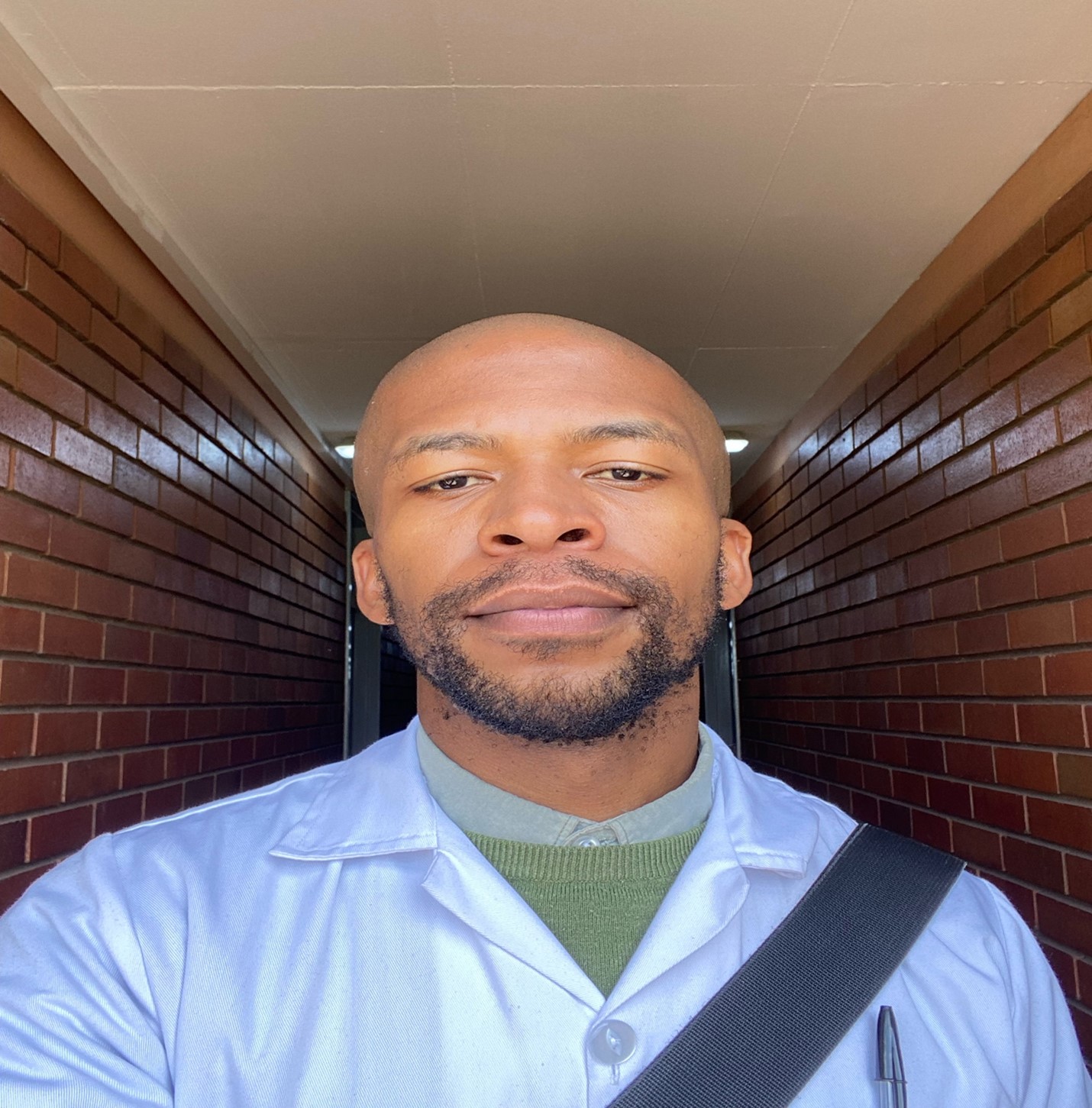Student doctor Robert Sithole explores the many ways that medical students can stand out from the crowd during their clinical rotations.
______
I’ll be honest I didn’t enjoy clinical rotations at first (surgery). The transition from pre-clinical years, with their clear expectations and structured assessments, to the chaos of the wards was jarring. I had grown comfortable with knowing exactly what to study, and I found reassurance in having right and wrong answers.
Naturally, I was excited to start seeing real patients and applying all I had learned. But that excitement quickly faded when I realized real-life medicine isn’t as tidy as textbooks make it seem. Patients presented with overlapping conditions, unclear symptoms, and complications that didn’t fit into any neat algorithm. It was a wake-up call I still had a lot to learn.
Making things worse, the way we were graded in clinical rotations felt vague and subjective. It felt less like being evaluated for knowledge or effort, and more like trying to win a hit the buzzer first contest. I didn’t want to play games I just wanted to learn and help people.
But about six weeks in, things began to shift. I stopped obsessing over how I was being perceived and focused instead on simply being useful. That was the turning point. I started contributing meaningfully, and the pressure lifted. The biggest lesson? When you focus on genuinely adding value to the team, everything else grades included falls into place.
So what does adding value look like for a medical student?
It starts with doing the small things the “low-hanging fruit.” These might seem like basic tasks, but they help. Politely and timely requesting the nursing staff for records, spending time with anxious patients, updating families, or checking in with patients between rounds all of it matters. Volunteering for these jobs may not be glamorous, but it earns trust and helps the team run more smoothly.
Being a strong patient advocate also adds value. Students often have more time to spend with patients and can build rapport others don’t have the bandwidth for. Taking the time to listen, explain care plans, and ensure patients are comfortable shows both initiative and compassion.
Equally important is how you receive feedback. Not all feedback will be pleasant or delivered well, but learning to accept it, implement it, and improve is critical. Being teachable showing interest, asking questions, and being open to learning encourages others to invest in you.
Leaning into your unique strengths, like a second language or past experience, is another way to stand out. One of my peers used her fluency in iSpedi, one of the eleven official languages in South Africa, to help a patient better understand his condition something that made a real difference.
Helping out during ward rotations is really about making things better for the patient. Even though medical students don’t make big decisions yet, they often have more time to spend with patients than the rest of the team. This extra time means students can listen closely, answer questions, and help explain what’s going on in a way that makes sense,. Patients remember when someone takes the time to care about them as a person, not just a medical case. By being kind, helpful, and involved, we play an important role in making the hospital experience more personal and supportive.
But above all, attitude matters. People remember those who are kind, eager, and easy to work with. Knowledge can be taught; attitude can’t. In the end, being someone who is helpful, humble, and kind will take you further than any textbook ever will.
Robert Sithole, Medical School Hero

______
To read more student articles like this visit our student hub.